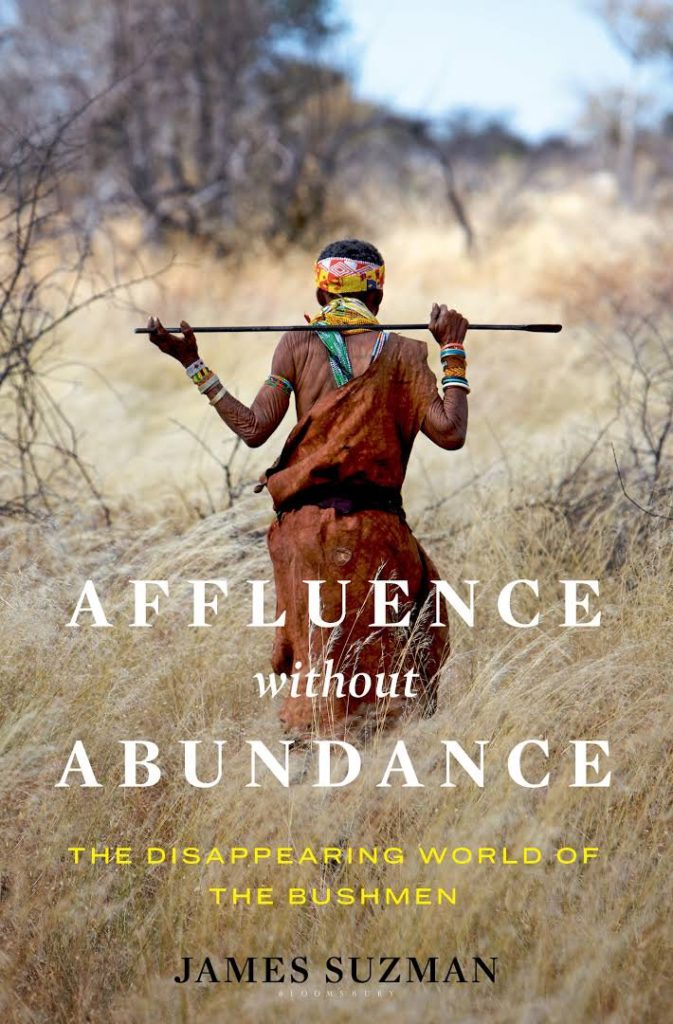Milestones from a culture of freedom and equality to one almost entirely subjugated by dominance hierarchy
The more history and anthropology I learn, the more I learn the alternative to continuing our cultural path is not the Stone Age or a Mad Max apocalypse. For a good 250,000 years of human existence, our ancestors enjoyed more freedom and equality than we do. That’s why indigenous cultures still exist. When they look at ours, they see our airplanes and medicine but also our lack of freedom and equality compared to theirs and don’t want to give it up.
My upcoming book describes why we’ve convinced ourselves that their cultures are disasters—briefly, it helps us rationalize and justify what our culture does to them, including taking their land, enslaving them, genocide, and so on.
You might ask: if people prefer their culture, why has ours defeated theirs? I answer that question in the book too, but here’s a timeline of select key steps in the path from an egalitarian past to the one we live in lacking freedom and equality. Each step made sense at the time to those taking those steps. That sense doesn’t change that we don’t have the freedom to walk away from those subjugating us.
| Date | Event | Result |
|---|---|---|
| 12,000 years ago | Climate warms and stabilizes (Holocene begins) | Agriculture, food surpluses Unsustainability Dominance hierarchies |
| Next few thousand years | Empires grow | Imperialism, colonialism, and slavery increase Freedom, equality and democracy decline |
| Third century BCE | Qin Dynasty in China Maurya Empire in India Punic Wars in Mediterranean | Empires dominate |
| 1492 | Europeans find North and South America | Belief in infinite land |
| 1500–1600 | England’s deforestation leads to burning coal | Belief in infinite energy |
| 1680–1780 | Kondiaronk criticizes Europeans Hector de Crèvecoeur and Benjamin Franklin observe preference for Sustainable Free Abundant culture | Europeans see people practicing what become Enlightenment values (not the only sources) |
| 1688 | Germantown Quaker Petition Against Slavery (first colonial abolitionist protest) | Enlightenment values oppose tyranny |
| 1776 | Declaration of Independence | Enlightenment values oppose tyranny |
| James Watt’s steam engine | Efficiency accelerates pollution and depletion | |
| Adam Smith’s Wealth of Nations | Proxy of growth for good Decreasing stewardship Increasing social isolation | |
| 1793 | Eli Whitney’s cotton gin | Technology designed for efficiency and decreasing labor augments slavery Largest slave power in history |
| 1808 | England bans slave trade | Enlightenment values oppose tyranny Shows falseness of “if we don’t, they will” and “economy will collapse” |
| 1865 | Thirteenth Amendment | Enlightenment values oppose tyranny |
| 1896 | First doof (Cracker Jacks, marketed with: “The More You Eat The More You Want”) | Marketing addiction disguised as food |
| 1897 | Heroin synthesized | Milestone in product marketed as “non-addictive morphine substitute” that is more addictive |
| 1929 | Edward Bernays’s Torches of Freedom campaign promoting cigarettes as female empowerment | Milestone of changing from marketing needs to wants |
| Twentieth and Twenty-first centuries | Social media, fast fashion, OxyContin, etc | Addiction and marketing to wants milestones |

Read my weekly newsletter

On initiative, leadership, the environment, and burpees